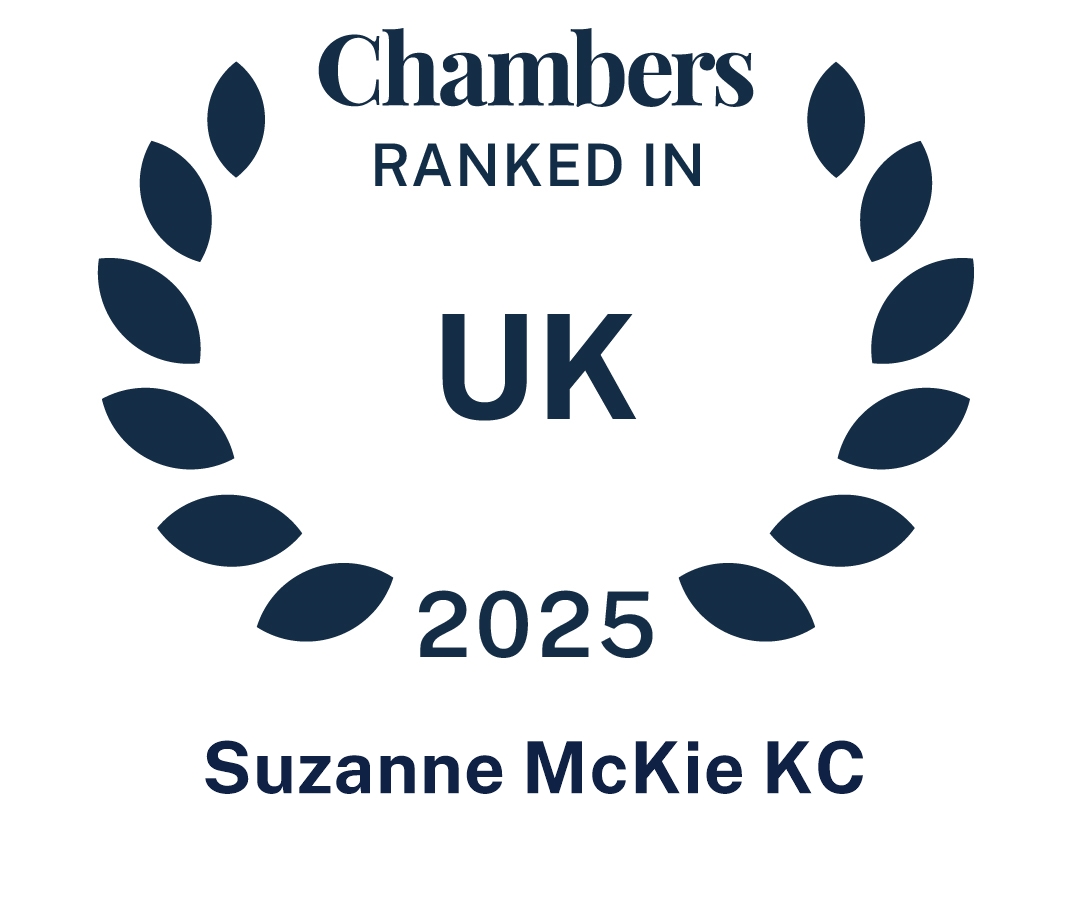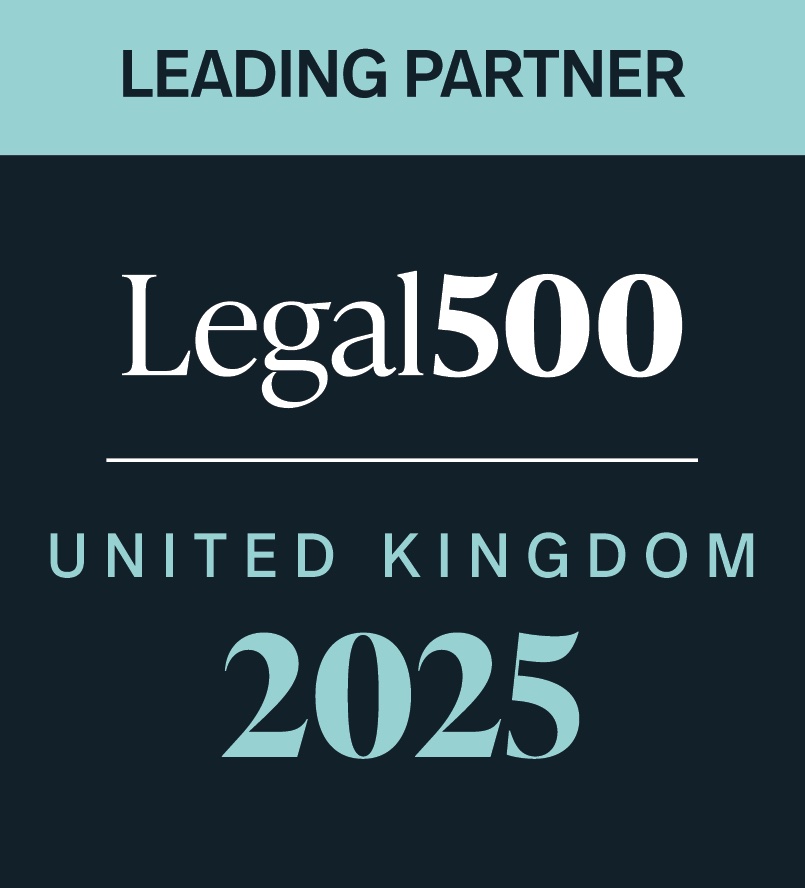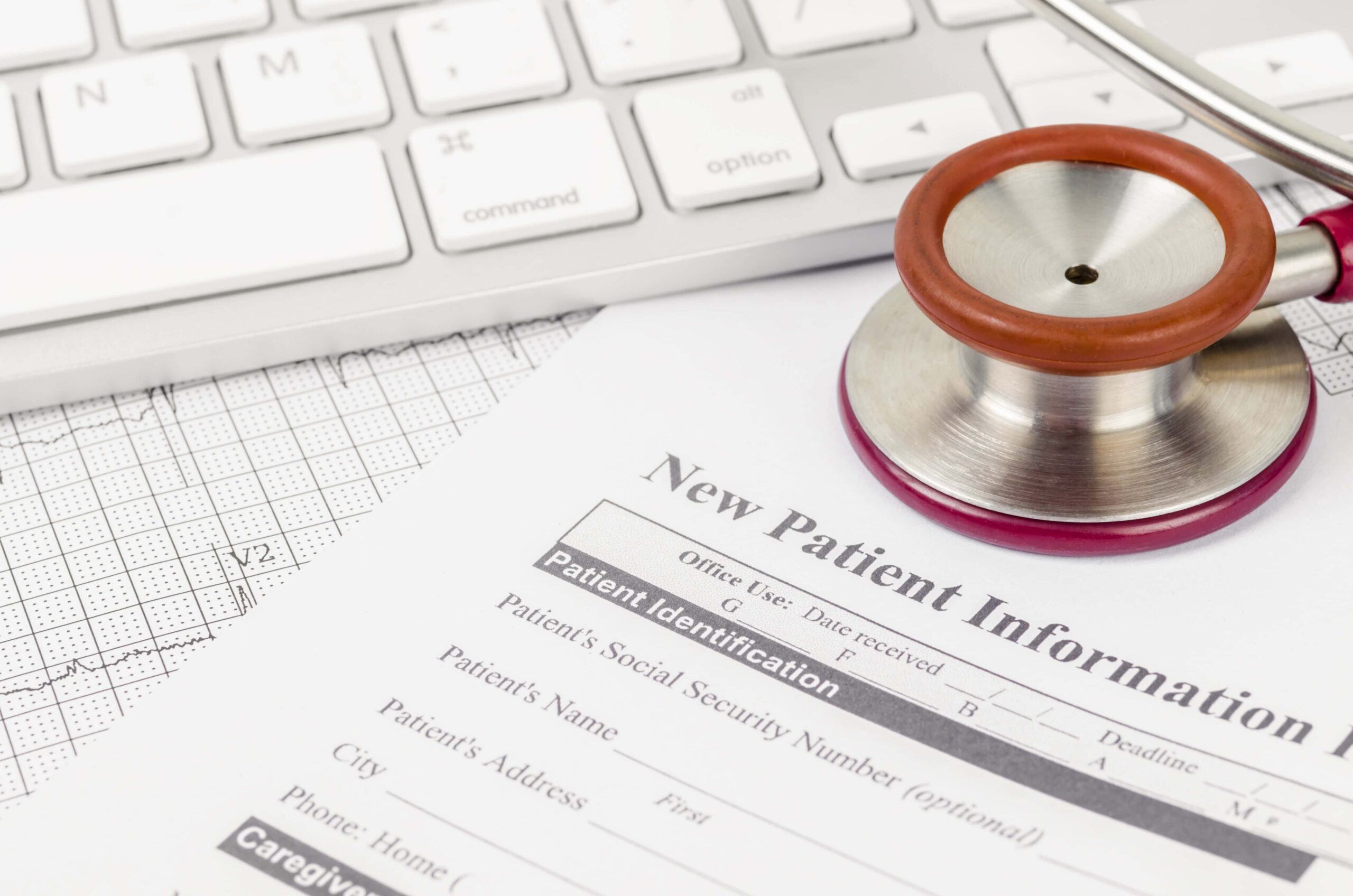
28 September 2022
|Investigations
Litigation, Disclosure and ADR Procedure
Blogs
University of Dundee v Chakraborty Case Note
Clients frequently call upon lawyers to review, and if necessary amend, draft grievance and disciplinary investigation reports undertaken by employers, or independent third parties, before the finalised report is provided to the complainant. The Chakraborty case addresses whether draft investigation reports are disclosable in subsequent legal proceedings.
Legal background
The doctrine of legal professional privilege is a fundamental right which enables parties to resist disclosure and inspection of confidential and sensitive material in certain prescribed circumstances. Legal advice privilege (“LAP”) attaches to confidential communications between a lawyer and client for the purpose of obtaining or providing legal advice, and to documents which record or reference such communications. LAP applies whether or not litigation is anticipated. Litigation privilege applies more widely to confidential communications between a client and lawyer, or either of those and a third party or other documents created by or on behalf of the client or lawyer and in either case, which come into existence once litigation is existing, pending or reasonably contemplated, and which are for the dominant purpose of use in the litigation.
Facts
The Claimant was a research assistant employed by the University. Shortly before issuing an Employment Tribunal (“ET”) claim, he raised a grievance against his line manager alleging harassment, bullying, discrimination and racial abuse. Professor Nic Daeid was tasked with investigating the Claimant’s grievance. After Professor Nic Daeid produced her report, the University’s instructed external solicitors to review the report. The solicitors did so, and suggested amendments to the report which were discussed with, and approved by, Professor Nic Daeid at a meeting with the University’s in-house legal team. In addition to these amendments, Professor Nic Daeid made some amendments of her own. The revised report was then included in the ET bundle, shortly before the main hearing. However, the original version of the report was not disclosed.
The revised report was annotated as follows: “This report was amended and reissued on 23.06.022 following independent legal advice.” The Claimant therefore sought disclosure of the original version of the report before it was amended. The University resisted disclosure on the basis that it believed the original version of the report was protected by legal advice privilege. In particular, the University argued that if the original unamended report was to be disclosed and compared against the final version, it would be possible to infer what legal advice had been provided by external solicitors.
The Employment Tribunal did not accept this analysis and ordered the University to produce the original version of the unamended report. The University appealed against this decision.
EAT decision:
Interestingly, the University accepted that neither legal advice privilege nor litigation privilege attached to the original report when it was first created by Professor Nic Daeid. The EAT agreed with this analysis. The report was not a communication between a client and lawyer for the purpose of giving or receiving advice, nor was it a document created in contemplation of litigation. Rather it was an investigation response to the Claimant’s grievance under the University’s internal Dignity at Work and Study policy.
However, the University argued that the ET Judge had erred in finding that the unamended original document did not attract LAP retrospectively because of the legal advice that was later given about its contents by the external solicitors. In particular, the University reiterated that disclosing the original unamended version would enable what legal advice had been given by the external solicitors to be inferred, by comparing it against the final version disclosed in the ET proceedings. The EAT found that there was nothing in the case law upon which the University sought to rely to support the proposition that an non-privileged original version of a document can acquire privileged status retrospectively. The EAT commented that the terms of any legal advice given by the external solicitors about the original document and any amended version of the original document that was created for the purposes of the litigation would plainly be privileged. However, the original unamended report itself was not protected by LAP or litigation privilege, and could not retrospectively become so, even if a consequence of its disclosure might be to allow inferences to be drawn about the legal advice delivered.
In any event, given that Professor Daeid had made her own amendments to the final report, the EAT questioned how it would be possible to distinguish between changes made upon legal advice, and unconnected changes made by Professor Nic Daeid. Accordingly, the EAT agreed that the original unamended version of the grievance investigation report should be disclosed by the University.
What to take away:
Grievance and disciplinary investigations are, by their nature, fact-gathering exercises and are not generally undertaken in order to seek legal advice, albeit that legal advice may be sought on a draft report. Nor are grievance and disciplinary investigations undertaken for the dominant purpose of any related litigation. By contrast, lawyers may be commissioned to undertake or advise on internal regulatory investigations that are often voluntarily instigated by corporate clients specifically in order to seek legal advice in situations where litigation may be a very real and likely risk. Legal professional privilege will not apply in the former instance, but may in the latter.
The Chakraborty case serves as a useful reminder to organisations and individuals that the fact that legal advice may be sought on the content of a grievance or disciplinary investigation will not render the investigation itself, or initial drafts of the investigation, privileged. Whilst any legal advice provided by external or in-house lawyers is likely to be privileged, along with any subsequent amendments recommended by lawyers, the underlying document on which advice is sought is not rendered privileged merely by seeking advice on its content.
It can be particularly beneficial for individual claimants to obtain disclosure of initial copies of draft investigation reports during the course of Employment Tribunal litigation, as subsequent amendments to such reports may serve as useful and probative evidence of the influence of third parties on the investigation process. This can provide compelling evidence in an Employment Tribunal claim, particularly if the claimant seeks to challenge the independence or impartiality of an investigation.
The EAT decision can be accessed here: University Of Dundee v Chakraborty (PRACTICE AND PROCEDURE; case management order for production of a document; legal professional privilege) [2022] EAT 150 (23 September 2022) (bailii.org)









